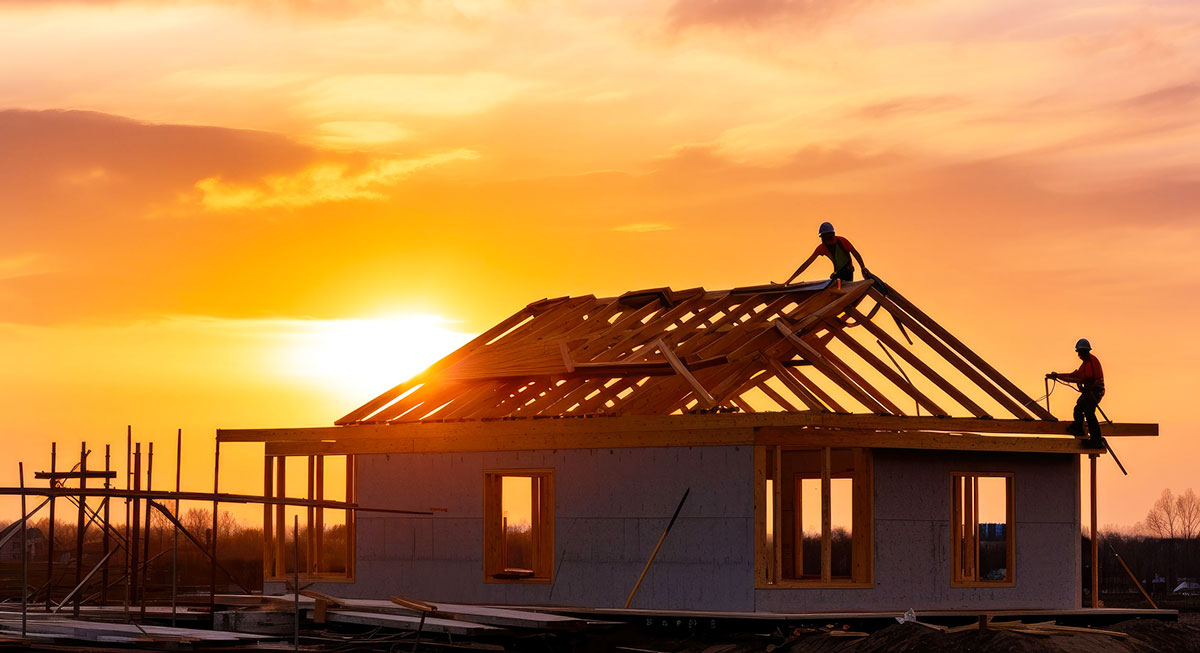California’s housing crisis has residents cheering the recent passage of state Sen. Scott Weiner’s (D–San Francisco) Senate Bill 4, and not without reason. The bill seeks to make it easier to build affordable homes on land owned by religious and nonprofit higher-education institutions, leading the bill’s supporters to nickname it the “YIGBY” bill—“Yes in God’s Backyard.”
But while there is much to celebrate in the bill, it also raises an important question: if the provisions in SB 4 can ameliorate the housing crisis, why are we limiting them only to religious and educational institutions?
SB 4 offers two key reforms for qualifying land. The first is that it would require local governments to issue by-right permits for housing developments that meet specified criteria. This is particularly important for cities such as San Francisco, which Weiner represents, as it would override the discretionary permitting system that has grossly exacerbated the cost of housing development in the city.
The permitting provision also has state-wide implications by allowing YIGBY projects to bypass the costly and slow environmental review process imposed by the California Environmental Quality Act (CEQA). California’s environmental review policy has become a tool for withholding construction rights from builders so state lawmakers can essentially “sell” those rights back to the wealthiest developers, such as those building professional sports stadiums.
The second significant reform is zoning liberalization. Lands that fall under the purview of the bill would enjoy exemption from, or lessening of, density limitations, parking standards, and various fees, among other things. The cumulative effect of zoning rules accounts for an average of 30% of construction costs for multifamily homes nationwide, according to a collaborative study published in 2018 by the National Association of Homebuilders (NAHB) and the National Multifamily Housing Council (NMHC). The cost is even greater in California, which has the most onerous land-use regulations in the country.
SB 4 is laudable for including those reform provisions, which will certainly help combat California’s housing affordability problem. It also shows a recognition by state legislators, however, that discretionary permitting, environmental review, and land-use regulations are significant barriers to housing development.
Why, then, should those important reforms be granted to only a narrow group of landowners, who now essentially enjoy a special privilege that is withheld from other property owners in the state?
It would be absurd to suggest that permitting and zoning costs operate differently on certain types of land. Even non-profit institutions that wish to build affordable housing for philanthropic reasons have to calculate the cost of construction against alternative expenditures, just as for-profit developers do.
For California to achieve its goal of increasing the availability of affordable housing, it needs to encourage the construction of housing for all income levels. Extending the provisions of SB 4 equally to all property owners would be a tremendous step toward this goal. Not only would those reforms lower development costs, but they would also promote healthy competition among developers (rather than the unhealthy competition buyers and renters face in California’s undersupplied housing market).If by-right permitting and liberalized zoning regulations are good for the goose, they would be good for the gander. There is no reason to limit the benefits to a narrow group of property owners. While we can still celebrate the benefits that the bill is likely to produce, we should consider those important policy reforms incomplete until they apply equally to all California landowners.








